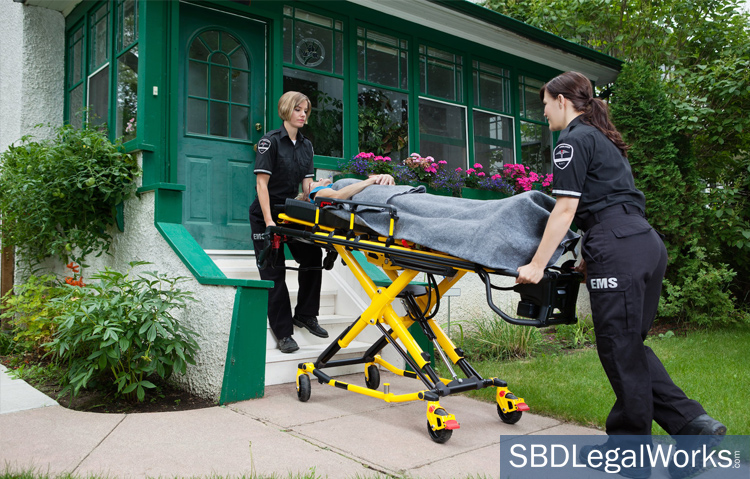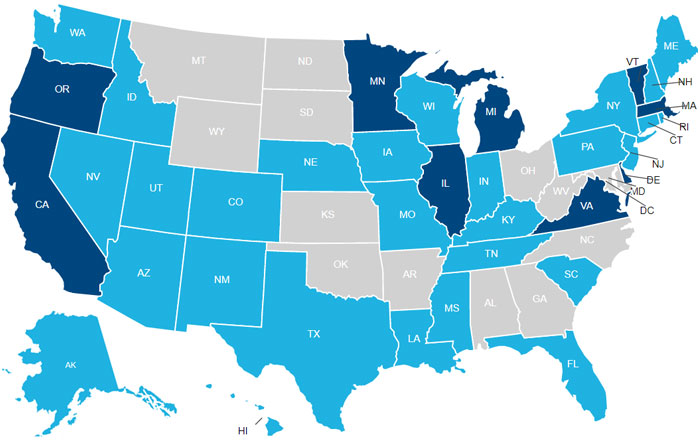
The movement to improve first responders’ mental health continued to grow at the end of 2019. South Carolina became the latest state to take up legislation that would make accessing mental health coverage easier under the state workers’ compensation program.
Statistical data has made it clear how high the stakes are. The Firefighter Behavioral Health Alliance (FBHA) reports that over a hundred firefighters have committed suicide since 2014. The FBHA reminds us that because this figure is reported deaths by suicide, the actual number of attempts is likely much higher. Police officers are more likely to die by their own hands than they are in the line of duty.
All of these deaths are tragedies and the hope is that all—or at least many—are preventable with better access to mental healthcare, specifically treatment for Post-Traumatic Stress Disorder (PTSD).
Technically, coverage for PTSD is included in workers’ comp already, but there is a high legal bar to clear before those benefits can be accessed. Workers’ comp requires a direct link between the illness in question and a specific workplace incident.
Police officers, firefighters and other first responders spend their entire days facing traumatic situations. In most cases, the onset of PTSD is cumulative and isn’t linked to a single incident—and even if it is, proving that in a court of law is difficult.
Furthermore, PTSD is usually accompanied by domestic problems (marital, familial, etc.). Proving that the workplace—rather than the home—is responsible for the mental health struggles is something else that provides a significant challenge.
The legislative changes clear up these problems by shifting the burden of presumption to the insurance carrier rather than the beneficiary. That is, if a police officer is diagnosed with PTSD, it becomes presumed that it’s work-related until proven otherwise.
The need for mental health treatment in these circumstances is often extensive. Symptoms of PTSD can include nightmares, tense reactions to specific trigger moments, avoidance and detachment and a feeling of constantly being on edge. These can cause significant problems for a first responder’s personal life. And the worst symptom of all is suicidal thoughts.
Ongoing therapy can help to uncover cultural factors that inhibit recovery. A key reason for depression is not feeling “normal.” First responders may derive their sense of normalcy from being the one who helps, not the one who needs help. The desire to “tough it out” may drive their sense of self-worth. Removing that sense, however artificial it may be, creates new problems that a mental health professional—along with a good support network—must treat.
First responders see and hear terrible things as a part of their daily course of work. South Carolina is the latest state to recognize that and consider adjusting its workers’ compensation guidelines.
Read more about Workplace Safety

State by state breakdown of workers’ compensation law and statistics of work-related PTSD Find out more

You can sue for PTSD as the basis for an emotional distress claim in a personal injury lawsuit. The plaintiff must demonstrate mental anguish by showing that their extreme feelings of fear, grief, etc. have resulted in long-lasting negative effects. Find out more